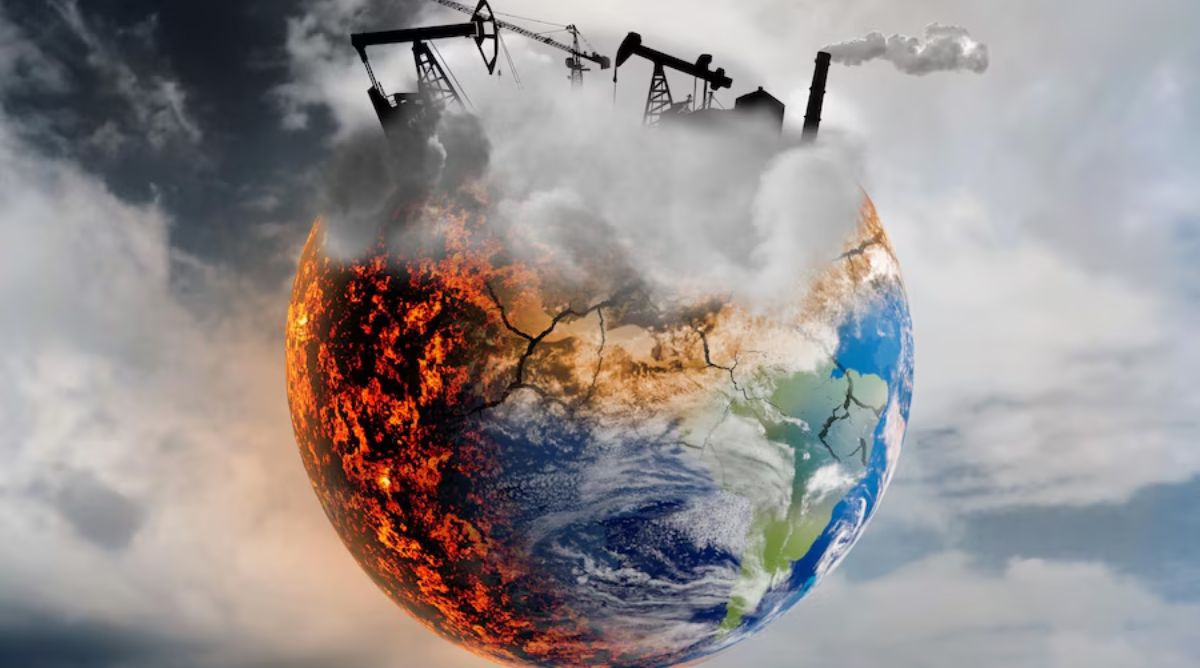Climate crisis impact on developing nations is becoming more severe as climate change worsens. Nine Nine News explores how countries already grappling with poverty, limited resources, and unstable infrastructure are bearing the brunt of this growing environmental challenge.
The climate crisis impact on developing nations extends beyond weather patterns. From extreme heatwaves to flooding, these countries face food insecurity, economic setbacks, and public health emergencies, amplifying their existing struggles and creating global instability.
Rising Sea Levels Threaten Coastal Communities
Rising sea levels due to climate change are devastating coastal communities in developing nations. These vulnerable populations face displacement, loss of livelihoods, and escalating costs to rebuild. Urgent action is required to mitigate future damage.
Food Insecurity: The Silent Crisis
The climate crisis impact on developing nations is causing severe disruptions in agriculture. Droughts, floods, and unpredictable weather patterns destroy crops, leading to food shortages, increased hunger, and economic instability in these regions.
Health Emergencies on the Rise
Infectious diseases and heat-related illnesses are spiking due to the climate crisis impact on developing nations. These health crises stretch already weak healthcare systems, making it even harder to control disease outbreaks in poor areas.
Economic Setbacks and Employment Loss
The climate crisis impact on developing nations is worsening economic disparities. Job losses in agriculture and the destruction of infrastructure leave many without stable income, while governments struggle to finance relief efforts and recovery programs.
Climate Migration: A Growing Challenge
As the effects of climate change worsen, many in developing nations are being forced to migrate. Climate refugees are moving to cities or across borders in search of safer living conditions, putting immense pressure on urban areas and neighboring countries.
FAQs:
Q1.How does the climate crisis impact food security in developing nations?
A:Extreme weather patterns such as droughts and floods ruin crops, causing food shortages and price hikes, leading to widespread hunger and poverty in affected nations.
Q2.What role do governments in developing nations play in addressing the climate crisis?
A:Governments must implement climate adaptation strategies, improve disaster preparedness, and seek international support to strengthen their ability to combat climate impacts.
Q3.How does the climate crisis affect public health in developing nations?
A:Increased heatwaves and flooding contribute to the spread of diseases, making it harder for developing nations with weak healthcare systems to respond effectively.
Q4.Are there any successful initiatives to combat the climate crisis in developing nations?
A:Some nations have adopted green technologies, sustainable agriculture practices, and community-based climate action plans to reduce their vulnerability and mitigate impacts.
Q5.What are the long-term consequences if the climate crisis is not addressed?
A:The climate crisis could lead to more severe displacement, economic collapse, widespread health problems, and environmental degradation, worsening poverty and instability.
Conclusion:
The climate crisis impact on developing nations is undeniable, with escalating threats to food security, health, and economic stability. Immediate global cooperation and action are needed to protect these vulnerable regions and prevent irreversible harm.




